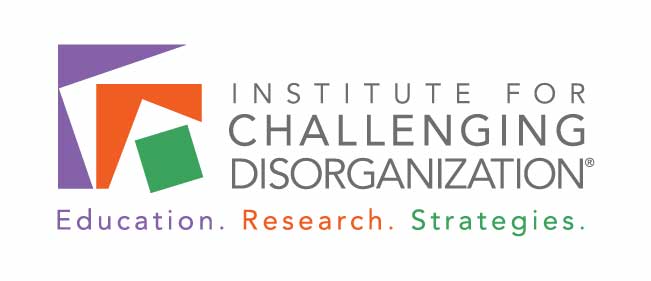- Home
- About Us
- Education and Events
- Certification
- Research
- Resources
- For Subscribers
- Contact us
- International
The ICD Code of Ethics
Professional Conduct with Clients1. I will only offer professional services in those areas in which I am qualified, and I will accurately represent those qualifications in all verbal and written communications.¹ Business Practices4. I will respect and not infringe upon the intellectual property rights of others.¹ Confidentiality7. I will respect client confidentiality, including all client records unless otherwise authorized by the client, or as required by law. Conflicts of Interest8. I will seek to avoid conflicts between my interests and the interests of my clients. Limits of ICDProfessional organizations have a code of ethics which illustrates standards of professional conduct that support the mission of the organization. As a non-profit organization, the Board has no responsibility nor legal authority or jurisdiction to regulate or enforce possible violations, only the responsibility to provide ICD's expectations related to ethical behavior. ICD subscribers are professionals who are expected to practice their profession in an ethical manner. They have agreed to abide by the ICD Code of Ethics as a condition of subscriber status. Compliance is also a condition for retaining one's certification as a CPO-CD®, Certified Professional Organizer in Chronic Disorganization.
A complaint relative to the ICD Code of Ethics may be filed only by a current subscriber against someone certified by ICD as a Certified Professional Organizer in Chronic Disorganization® (CPO-CD®).
Compliance with the Code of Ethics is a condition for retaining one's certification as a CPO-CD®.
Adopted by the ICD Board of Directors July 10, 2009, and updated September 13, 2019. ¹ Wording used with permission of the Board of Certified Professional Organizers Join Us
|
